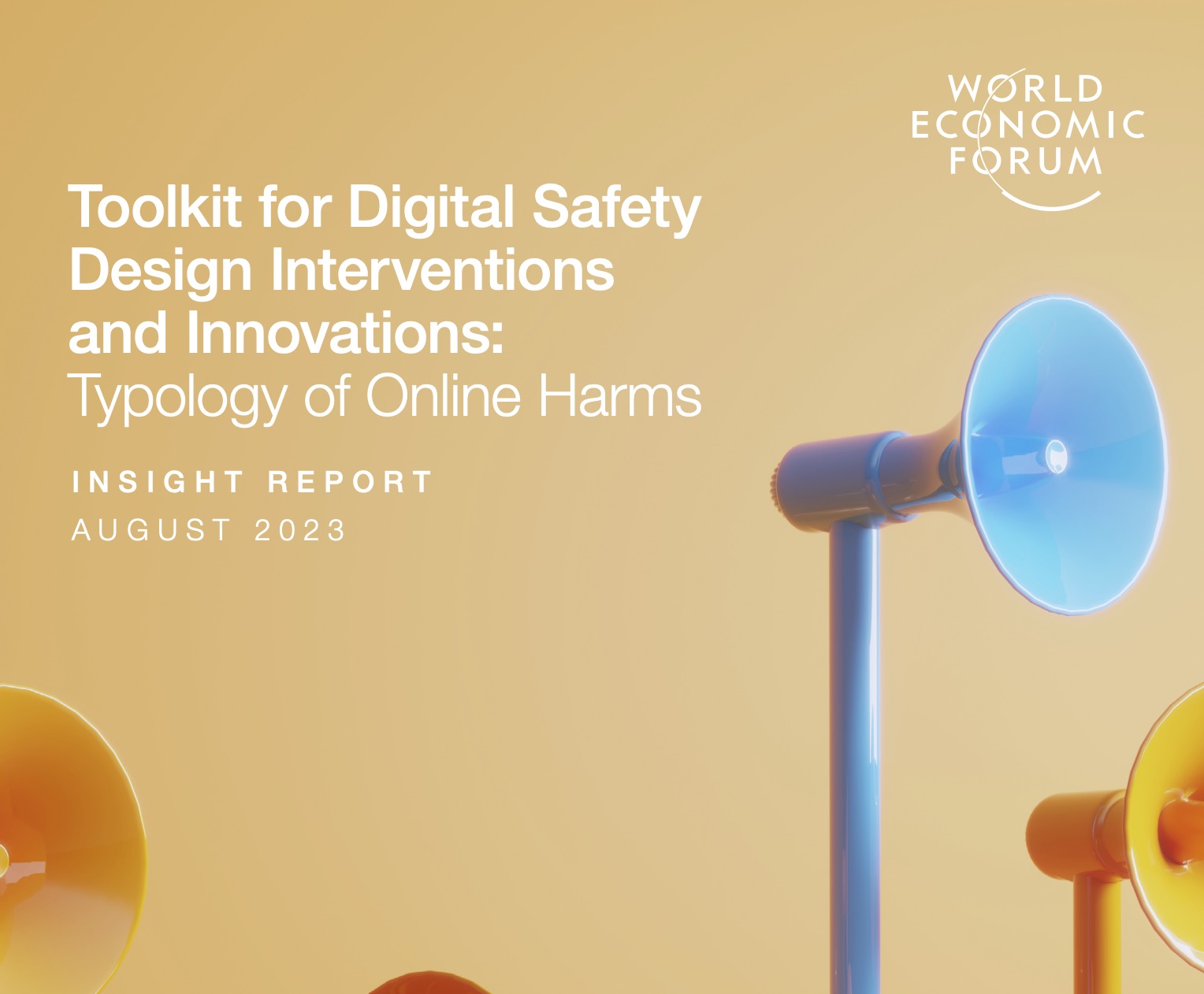The World Economic Forum (WEF) continues to “quietly” work on putting itself, and a bunch of massive “partner” corporations at the center of redefining, and if need be, defining the world we live in – whether it’s about artificial intelligence, or online censorship.
The informal Switzerland-based group gathering representatives of global elites has repeatedly shown interest in coming up with a variety of essential standards that should, from its point of view, be universally accepted and implemented as the last word on any of these subjects.
When it comes to justifying online censorship, Big Tech’s social platforms habitually avoid explaining what it is they mean when they delete content and deplatform people because of “misinformation,” “hate speech,” etc, where such things begin and end, and who makes such decisions, based on what authority.
Not least because of this lack of clarity, many people suspect that these sites avoid explaining themselves because there is nothing to explain – the censorship decisions are arbitrary, designed to serve a policy or a narrative rather than combat “misinformation” and the like.
All this undermines their trustworthiness – but, WEF to the rescue, or at least so it hopes. The organization said on its website that it – or rather, what it calls its Global Coalition for Digital Safety – has produced a document called, “Typology of Online Harms.”
The stated goal is to define six categories of harmful content, and thus create definitions that facilitate “multi-agency and cross-border action.”
There is also praise of the European Union’s Digital Services Act (DSA) in this context, but also talk of WEF’s Coalition providing “common foundational language” that is still lacking through DSA’s limited reach (namely, it is not global, whereas the “Typology” aims for just such impact.)
Observers wary of WEF’s actions and intentions need not be concerned, however; it will all not only be balanced in terms of “legal, ethical, social, technological, and policy considerations,” as Coalition Project Lead Agustina Callegari put it, but will also – WEF promises – manage to be “rooted in international human rights frameworks.”
With this “disclaimer” out of the way, the writeup on the WEF’s website proceeds to detail the six categories, in order in which you’d expect them (from worst to – “misinformation.”)
They are, “Threats to personal and community safety (including Child sexual exploitation), Harm to health and well-being, Hate and discrimination, Invasion of privacy,” and, “Deception and manipulation” (i.e., disinformation and misinformation).
Survival Beef on sale now. Freeze dried Ribeye, NY Strip, and Premium beef cubes. Promo code “jdr” at checkout for 25% off! Prepper All-Naturals
Article cross-posted from Reclaim The Net.
What Would You Do If Pharmacies Couldn’t Provide You With Crucial Medications or Antibiotics?
The medication supply chain from China and India is more fragile than ever since Covid. The US is not equipped to handle our pharmaceutical needs. We’ve already seen shortages with antibiotics and other medications in recent months and pharmaceutical challenges are becoming more frequent today.
Our partners at Jase Medical offer a simple solution for Americans to be prepared in case things go south. Their “Jase Case” gives Americans emergency antibiotics they can store away while their “Jase Daily” offers a wide array of prescription drugs to treat the ailments most common to Americans.
They do this through a process that embraces medical freedom. Their secure online form allows board-certified physicians to prescribe the needed drugs. They are then delivered directly to the customer from their pharmacy network. The physicians are available to answer treatment related questions.



